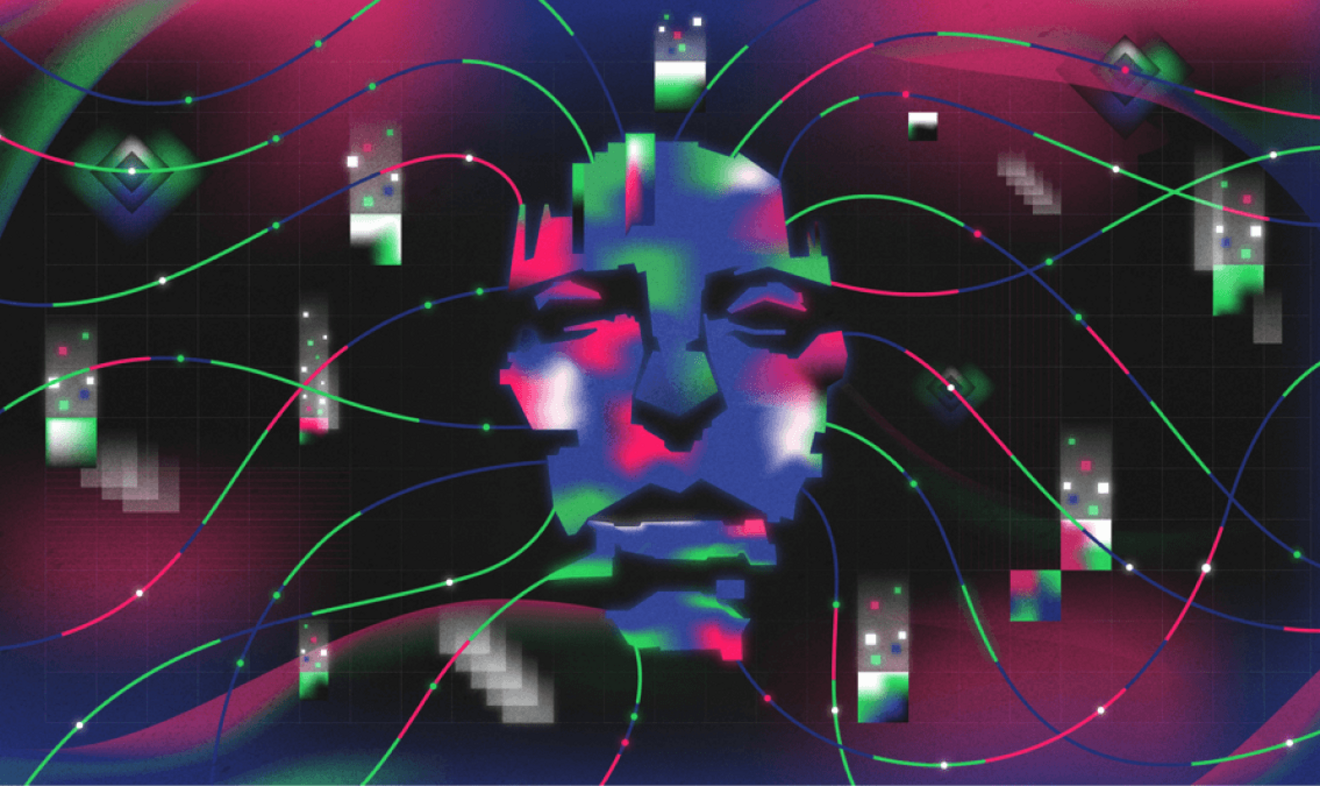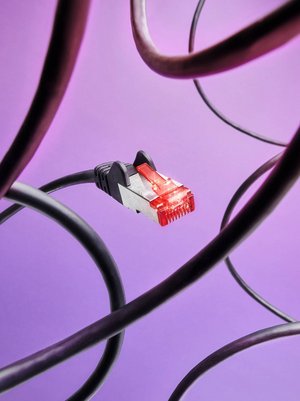CYBER ATTACKS ON MUNICIPALITIES
—— Digital attacks are increasingly targeting city halls, municipal enterprises and hospitals—facilities that often have very limited resources for cybersecurity. TÜV SÜD specialist Sudhir Ethiraj explains how municipalities can defend themselves and what role AI can play in this field in the future.

